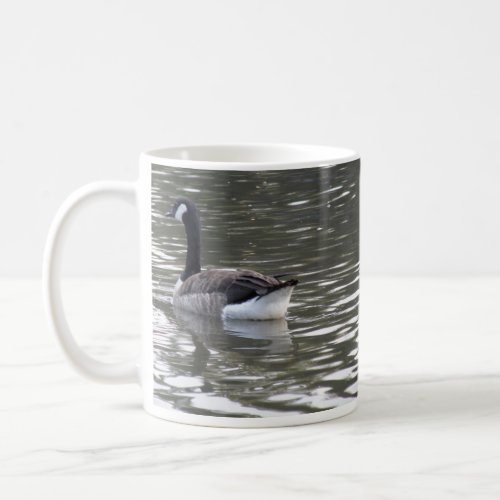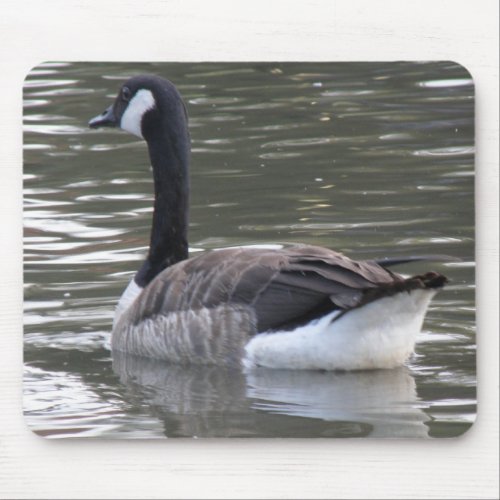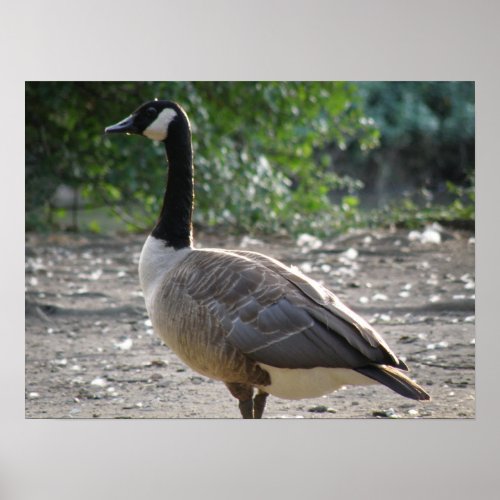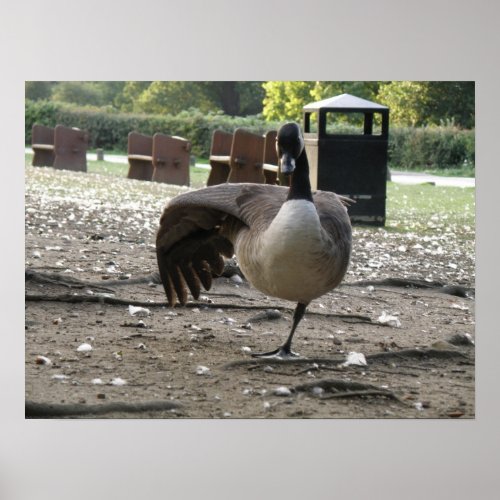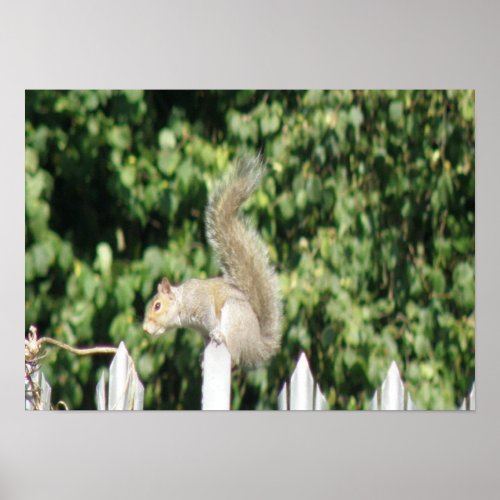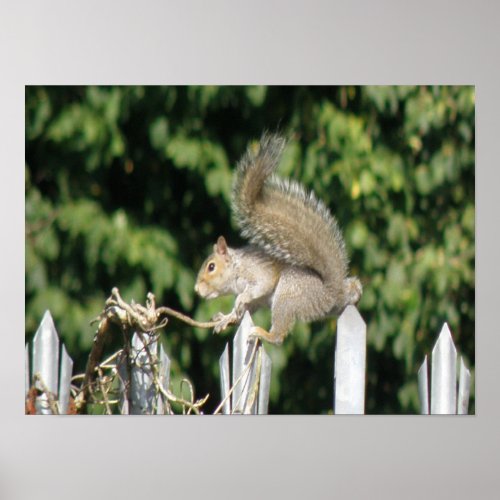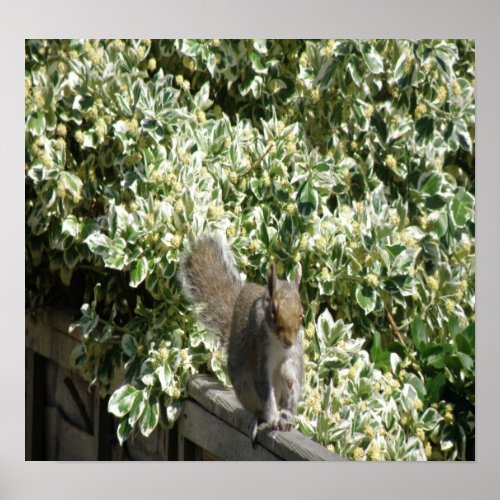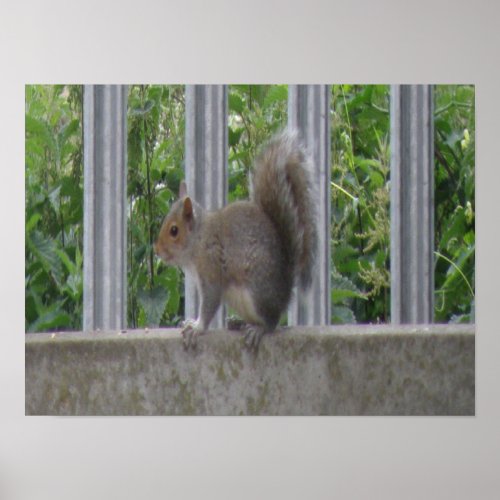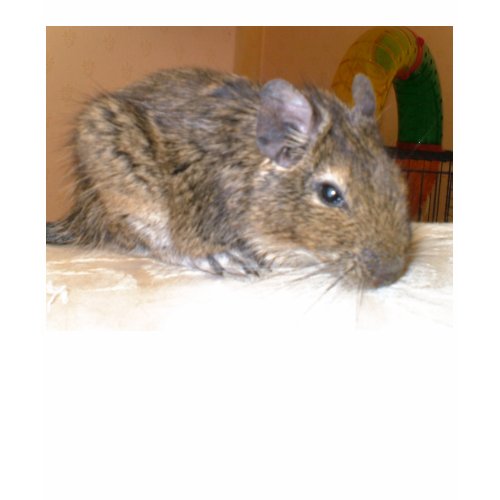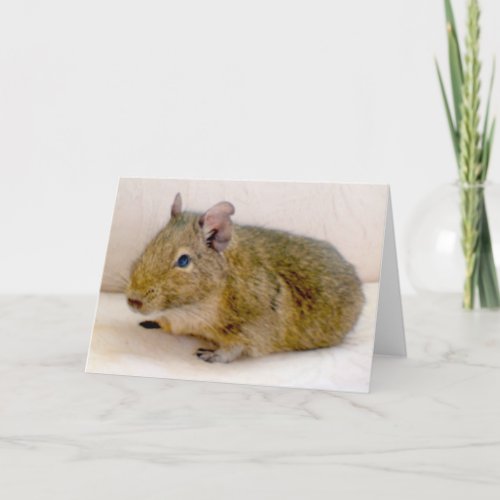Immigration is all over the news all the time in England. There are always debates in the paper about whether or not immigrants are a good thing for the country and should they be made welcome on our shores.
That is a debate that will run and run but what about the immigrants of the animal world? There are so many animals around the world that have made itt to somewhere they don't belong. Many have thrived and some cause problems to native wildlife. You only have to look at the damage being caused in Australia by the Cane toad (Bufo marinus). There are ozzy possums running riot in New Zealand, not to mention foxes and rabbits.
In the UK we have our "immigrants" too and one of them may come as a bit of a shock. We all know about mink. They were being farmed for their fur in captivity when some escaped and others were liberated by well-meaning but naive animal rights activists. The water vole population has suffered as a result.
Now we have Indian Ringneck parakeets flying free over London and Canada Geese swimming alonsgide our beautiful Aylesbury Ducks. Wild boar have escaped and are reclaiming the forests they once roamed.
My favourite of our "aliens" is the Grey Squirrel, an animal that is not native and cannot legally be released into the wild even if it was rescued and helped to recover. This seems a bit wrong to me. If you haven't read about Horatio the squirrel on my blog go back and read his story. Had it been possible to catch him and help him recover from his injuries it would be illegal to let him go back in the wild. I hate this law, why should a wild animal be caused suffering by being kept in a cage when it was born in the wild here and does not pose a significant threat to other animals.
The squirrel issue really winds me up. Yes they pass disease to red squirrels, but guess what they catch diseases from reds too. The real villian in the plight of the red squirrel is man for cutting down their trees and building houses and roads through their habitat.
Surely by now it must be time to accept our immigrant animals where they are not causing significant harm to native wildlife, I think so.
I conclude with some products from ny store Natural Beauty showing these "aliens" free and wild doing what they do and charming us all.
Showing posts with label rodents. Show all posts
Showing posts with label rodents. Show all posts
Monday, 16 August 2010
Saturday, 7 August 2010
All about Degus
First things first , what actually is a Degu?
A degu (Octodon degu) is a small rodent from Chile. It was originally thought to be a close relative of the guinea pig but may actually be closer related to Rabbits and Pikas. They are sociable animals forming communities and living in groups. They live in burrows with multiple entrances and are on the menu for foxes and birds of prey. Degus give birth to precocious young, meaning their offspring are born fully furred miniatures of their parents.
The Degu has become increasingly popular in the pet trade and as a result of their very specific requirememnts they frequently turn up in rescue centres as unwanted pets.
Before purchasing a Degu you should be aware that they like to live in groups and will become very depressed and destructive if they are kept singly without much human contact. In my experience a single Degu will seek more human company than a group member but this cannot replace the company of another Degu. Degus will live happily in single sex groups as long as they are related to eachother. There are squabbles over dominance, but once a hierarchy is established there is usually no serious fighting between individuals.
Degus also require a special diet. They are extremely prone to diabetes, a condition that will ultimately result in death. The best way to avoid this is to feed them a complete Degu mix and keep treats to suitable items such as wild grass, dandelion leaves and clover. Check food is safe before feeding if collecting it from the wild. They should also have constant access to hay as they will eat little and often. A source of fresh water, ideally in a water bottle, should always be available.
Degus also require a sand bath, ideally inside the cage and permanently available. They bath often in sand to remove oil from their fur, an important part of thermoregulation for a Degu.
If you can provide the right conditions for a group of Degus you will be rewarded with some very intelligent and fascinating pets. You will marvel at their clicks and squeaks that they use to communicate with eachother. You will be amazed with just how much grass can disappear down the throat of a Degu and you will have a wonderful pet for several years.
If you are thinking of adding a group of Degus to your family the best advice is to do some thorough research first. Buy a book on Degus so you always have information about them available to you. If you feel able to take on a rescued Degu then good for you.
I rehomed my Degus from someone who was no longer able to look after them. They were not young animals and after a couple of years two of them passed away. The most vocal member of the group was left. He was quite sad and seemed to really miss the other two so I had him out all day and just put him in the cage to sleep or if I had to go out. He lived another year and became such a friendly little guy. After his death I used a couple of photos of him on products in my shop. These have been very popular leading me to think that there must be a lot of people out there that find Degus as fascinating as I do.
Here are a couple of products featuring images of my beloved little Degu. Lots more products featuring these images can be found in my store.
A degu (Octodon degu) is a small rodent from Chile. It was originally thought to be a close relative of the guinea pig but may actually be closer related to Rabbits and Pikas. They are sociable animals forming communities and living in groups. They live in burrows with multiple entrances and are on the menu for foxes and birds of prey. Degus give birth to precocious young, meaning their offspring are born fully furred miniatures of their parents.
The Degu has become increasingly popular in the pet trade and as a result of their very specific requirememnts they frequently turn up in rescue centres as unwanted pets.
Before purchasing a Degu you should be aware that they like to live in groups and will become very depressed and destructive if they are kept singly without much human contact. In my experience a single Degu will seek more human company than a group member but this cannot replace the company of another Degu. Degus will live happily in single sex groups as long as they are related to eachother. There are squabbles over dominance, but once a hierarchy is established there is usually no serious fighting between individuals.
Degus also require a special diet. They are extremely prone to diabetes, a condition that will ultimately result in death. The best way to avoid this is to feed them a complete Degu mix and keep treats to suitable items such as wild grass, dandelion leaves and clover. Check food is safe before feeding if collecting it from the wild. They should also have constant access to hay as they will eat little and often. A source of fresh water, ideally in a water bottle, should always be available.
Degus also require a sand bath, ideally inside the cage and permanently available. They bath often in sand to remove oil from their fur, an important part of thermoregulation for a Degu.
If you can provide the right conditions for a group of Degus you will be rewarded with some very intelligent and fascinating pets. You will marvel at their clicks and squeaks that they use to communicate with eachother. You will be amazed with just how much grass can disappear down the throat of a Degu and you will have a wonderful pet for several years.
If you are thinking of adding a group of Degus to your family the best advice is to do some thorough research first. Buy a book on Degus so you always have information about them available to you. If you feel able to take on a rescued Degu then good for you.
I rehomed my Degus from someone who was no longer able to look after them. They were not young animals and after a couple of years two of them passed away. The most vocal member of the group was left. He was quite sad and seemed to really miss the other two so I had him out all day and just put him in the cage to sleep or if I had to go out. He lived another year and became such a friendly little guy. After his death I used a couple of photos of him on products in my shop. These have been very popular leading me to think that there must be a lot of people out there that find Degus as fascinating as I do.
Here are a couple of products featuring images of my beloved little Degu. Lots more products featuring these images can be found in my store.
Subscribe to:
Posts (Atom)
